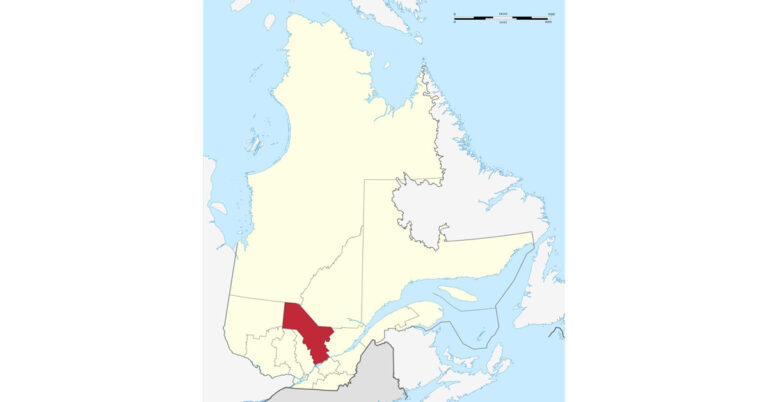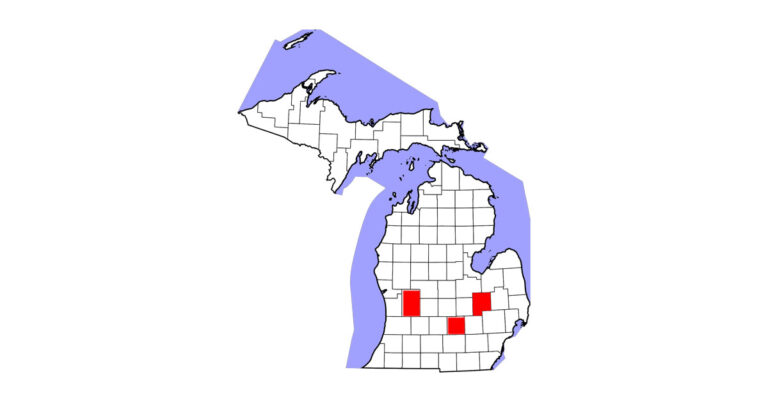
The Quarter Horse filly in Okmulgee County, Oklahoma, that tested positive for EIA in April has been euthanized, and 20 horses are quarantined. | Wikimedia Commons
On April 27, a 3-year-old Quarter Horse filly in Okmulgee County, Oklahoma, was confirmed positive for equine infectious anemia (EIA) during annual testing. The horse was not showing any signs of disease.
The positive horse has since been euthanized and removed from the premises by state and federal health officials. There were no additional horses on the premises, but 20 horses within 200 yards of the premises are under official quarantine. The horses have all tested negative and will be retested in a minimum of 60 days from the time the positive horse was removed.
EDCC Health Watch is an Equine Network marketing program that utilizes information from the Equine Disease Communication Center (EDCC) to create and disseminate verified equine disease reports. The EDCC is an independent nonprofit organization that is supported by industry donations in order to provide open access to infectious disease information.
About EIA
Equine infectious anemia is a viral disease that attacks horses’ immune systems. The virus is transmitted through the exchange of body fluids from an infected to an uninfected animal, often by blood-feeding insects such as horseflies. It can also be transmitted through the use of blood-contaminated instruments or needles.
A Coggins test screens horses’ blood for antibodies that are indicative of the presence of the EIA virus. Most U.S. states require horses to have proof of a negative Coggins test to travel across state lines.
Once an animal is infected with EIA, it is infected for life and can be a reservoir for the spread of disease. Not all horses show signs of disease, but those that do can exhibit:
- Progressive body condition loss;
- Muscle weakness;
- Poor stamina;
- Fever;
- Depression; and
- Anemia.
EIA has no vaccine and no cure. A horse diagnosed with the disease dies, is euthanized, or must be placed under extremely strict quarantine conditions (at least 200 yards away from unaffected equids) for the rest of his life.








